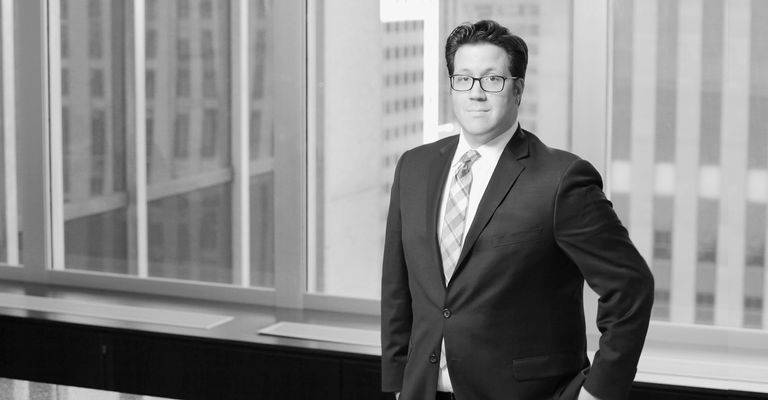Insights
U.S. COVID-19: New York City Enacts Legislation with Ramifications for Commercial Leases
May 26, 2020This is an update to our client alert dated April 27, 2020 regarding the COVID-19 legislation considered by the New York City Council. Today, May 26, 2020, Mayor DeBlasio signed into law two of the three bills discussed in our previous alert aimed at providing relief to commercial tenants due to the pandemic crisis. Both laws will go into effect immediately.
The first bill signed into law prohibits the enforcement of guarantees and other “personal liability provisions” in commercial leases where the default or other trigger event occurred between March 7, 2020 and September 30, 2020, and where the tenant was impacted by COVID-19, defined as (1) businesses that were required to stop serving food or beverages on-premises pursuant to Executive Order 202.3 (i.e. restaurants and bars); (2) non-essential retail and other businesses that were required to close and/or were subject to in-person restrictions pursuant to Executive Order 202.6 (i.e. gyms, fitness centers, movie theaters); and (3) personal care service businesses that were required to close to the public pursuant to Executive Order 202.7 (i.e. barbershops, hair salons, tattoo or piercing parlors and related personal care services).
Under the law, a “personal liability provision” in the commercial leasing context is one which causes an individual to “become, upon the occurrence of a default or other event, wholly or partially personally liable for payment of rent, utility expenses or taxes owed by the tenant under such agreement, or fees and charges relating to routine building maintenance owed by the tenant under such agreement.” Also under the law, threatening to or attempting to enforce such a personal guarantee provision would also be considered a form of tenant harassment, punishable by fines ranging from $10,000 to $50,000.
The second bill signed into law expands on the bases upon which a commercial tenant may not be threatened to expressly include “the commercial tenant’s status as a person or business impacted by COVID-19, or the commercial tenant’s receipt of a rent concession or forbearance for any rent owed during the COVID-19 period.”
A business is “impacted by COVID-19” under the law if: (1) it was subject to seating, occupancy or on-premises service limitations pursuant to an executive order issue by the governor or mayor during the COVID-19 period[;] or (2) its revenues during any three-month period within the COVID-19 period were less than 50 percent of its revenues for the same three-month period in 2019 or less than 50 percent of its aggregate revenues for the months of December 2019, January 2020, and February 2020 and such revenue loss was the direct result of the COVID-19 state disaster emergency. An individual who is “impacted by COVID-19” is defined under the law as having experienced one or more of the following situations:
- such person was diagnosed with COVID-19 or is experiencing symptoms of COVID-19 and seeking a medical diagnosis;
- a member of such person’s household was diagnosed with COVID-19;
- such person was providing care for a family member or a member of such person’s household who was diagnosed with COVID-19;
- a member of the person’s household for whom such person had primary caregiving responsibility was unable to attend school or another facility that was closed as a direct result of the COVID-19 state disaster emergency and such school or facility care was required for the person to work;
- such person was unable to reach their place of business because of a quarantine imposed as a direct result of the COVID-19 state disaster emergency or because such person was advised by a health care provider to self-quarantine due to concerns related to COVID-19;
- such person became primarily responsible for providing financial support for the household of such person because the previous head of the household died as a direct result of COVID-19;
- such person’s business is closed as a direct result of the COVID-19 state disaster emergency.
Violations of this law are also punishable by a civil penalty of $10,000-$50,000.
Still under consideration in the City Council is a bill that would extend the current moratorium on evictions and the collection of money judgments beyond the time provided in Governor Cuomo’s Executive Orders with respect to tenants who have “suffered substantial loss of income because of COVID-19” until at least April 1, 2021. Recently, the City Sheriff has expressed concerns that this bill raises significant legal issues, as sheriffs could be held in contempt for not carrying out state court orders that mandate such evictions or executions of money judgments for rent arrears and which are issued after the end of the New York State moratorium but before to the expiration of the New York City moratorium. BCLP will continue to monitor this developing legislation and will provide updates as new information becomes available.
Related Capabilities
-
Commercial Real Estate
-
Real Estate
-
Retail & Consumer Products



